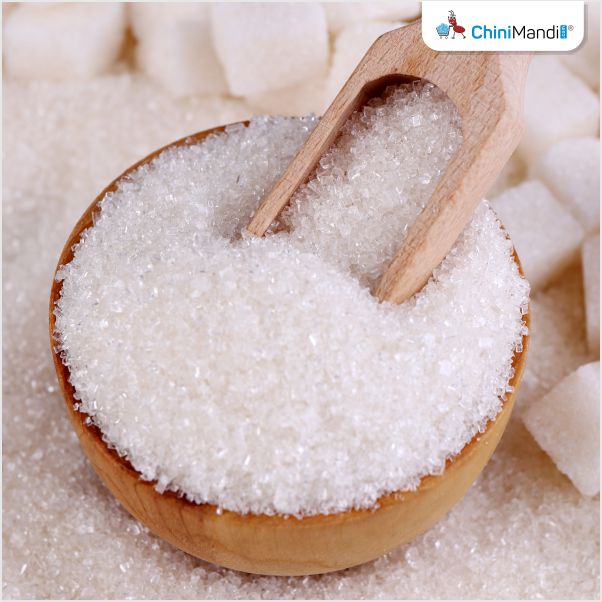In a contradictory move, the Pakistani government announced on Thursday its plan to import 750,000 metric tonnes (MT) of sugar, despite having allowed sugar exports during the current fiscal year, a decision that contributed to a sharp rise in local prices, benefiting sugar mill owners.
This development has triggered criticism of the government’s earlier decision to permit sugar exports, which many had warned would impact domestic supply and drive up prices.
Deputy Prime Minister Mohammad Ishaq Dar, chaired a high-level meeting to review the pricing and supply of essential food items, particularly sugar. The meeting was attended by the Minister for National Food Security, SAPM Tariq Bajwa, senior officials from the FBR, FIA, Ministry of Industries & Production, as well as representatives from the PSMA and the provinces. The committee decided to submit the policy for the import of 250,000 MT raw sugar to the Cabinet for approval, and granted in-principle approval for the import of 500,000 MT refined sugar, directing the Ministry of National Food Security to have it processed through the ECC.
The decision to export sugar first and then initiate imports has drawn criticism for reflecting inconsistency in policymaking and for placing consumers at a disadvantage. Following the exports, domestic sugar prices surged to a record Rs 190 per kilogram, Rs 50 higher than the rate before the exports began.
As per the latest PBS weekly report, sugar is currently selling at Rs 170 to Rs 190 per kilogram nationwide.
In March, the government had set the retail price of sugar at Rs 164 per kilogram, 13% higher than the cap in place at the time export permissions were granted, enabling sugar millers to reap substantial profits in both domestic and international markets. Dar’s committee had negotiated ex-factory and retail sugar prices with the Pakistan Sugar Mills Association (PSMA), which has previously faced accusations of cartel-like practices by the Competition Commission of Pakistan. Despite the agreed rates, authorities failed to maintain stable retail prices.

















